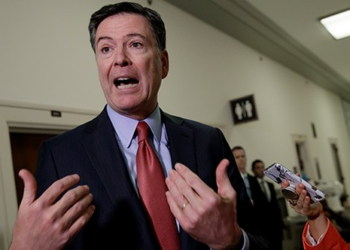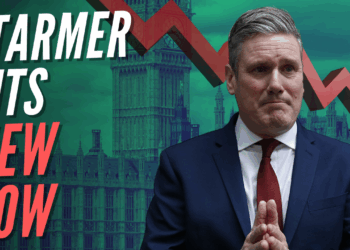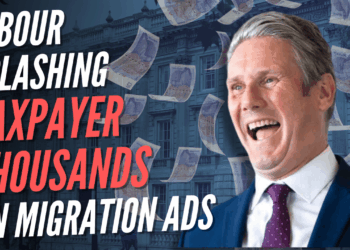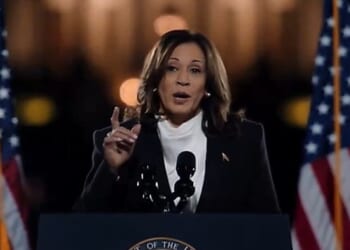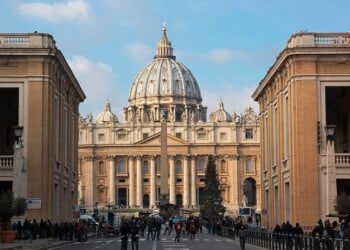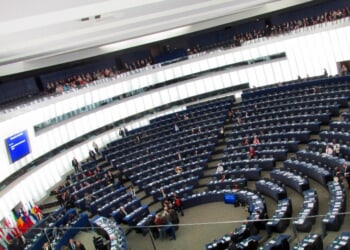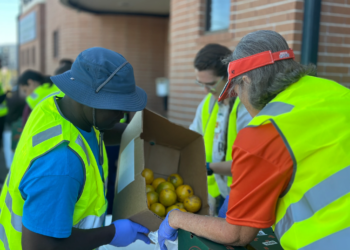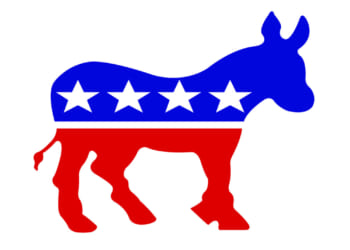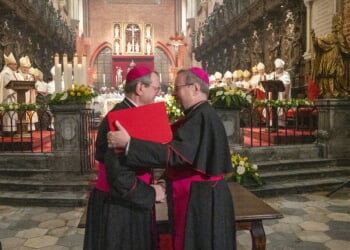When Coleman Hughes first opened a Thomas Sowell book, he wasn’t searching for an ideology — he was searching for clarity. At 19, adrift after dropping out of Juilliard and mourning the loss of his mother, Hughes turned to reading as a way to escape his own thoughts. His father, an economics graduate from Howard University, happened to have a copy of Race and Economics (sometimes published as The Economics of Race) sitting on the shelf. Curious about this polarizing figure he’d seen online, Hughes picked it up expecting to find something radical. Instead, he found the first writer who forced him to ask a question he’d never considered: what are my baseline assumptions about how the world would look without discrimination?
For him, that realization flipped the moral default: inequality wasn’t automatically evidence of injustice, and disparity did not necessarily imply discrimination.
That question, he explained on a recent podcast episode of Old School with Shilo Brooks, completely reoriented his understanding of race, inequality, and human nature. Sowell’s empirical approach — his insistence on comparing groups across time, geography, and culture — showed Hughes that inequality is not the anomaly but the norm. Sowell’s research across two centuries of data revealed that even in societies free of formal oppression, groups with different histories, skills, and values rarely end up economically equal. The disparities between Irish and Russian Americans or Indian and Pakistani immigrants, Hughes recalls, could not plausibly be explained by racism alone. For him, that realization flipped the moral default: inequality wasn’t automatically evidence of injustice, and disparity did not necessarily imply discrimination. (RELATED: Bolts From the Blue: Thomas Sowell and the Court)
Later, when Hughes encountered Sowell’s A Conflict of Visions — the book he now calls life-changing — his worldview deepened beyond economics. The book, Sowell’s most philosophical work, asks why intelligent, well-meaning people so often divide into left and right. His answer: they hold two fundamentally different “visions” of human nature. The unconstrained vision sees people as improvable through reason, education, and expertise — problems can be solved if only we think hard enough. The constrained vision, which Sowell calls the “tragic vision,” sees people as limited, self-interested, and permanently flawed. Politics, therefore, is not about perfection but about trade-offs, incentives, and restraint. (RELATED: Thomas Sowell: The Nation’s Greatest Living Economist)
Hughes describes the “tragedy” of this latter vision as liberating rather than cynical. It taught him to expect imperfection in human affairs — and to measure systems not by whether they eliminate injustice entirely, but by whether they minimize harm within the limits of human nature. Where many intellectuals default to the unconstrained vision — trusting that better reasoning and moral enlightenment can perfect society — Hughes says he now instinctively starts from Sowell’s more sobering premise: that human nature doesn’t change, only incentives do.
Books like Race and Culture, Ethnic America, and especially A Conflict of Vision transformed Hughes from a young liberal who saw racism as the singular explanation for disparity into a thinker preoccupied with evidence, trade-offs, and human limitations. Sowell’s realism, he says, was a kind of medicine for anyone who’s been disillusioned by utopian politics or moral crusades that promise paradise and deliver pain. “Accept that you are surrounded by normal, flawed human beings,” Hughes says. “That’s okay. Once you see that clearly, the world makes a lot more sense.”
READ MORE from Tyler Rowley:
The Right’s Nick Fuentes Problem — and Tucker Carlson’s Role in Mainstreaming It
Tyler Rowley is a Catholic author and founder of Right Mic, a newsletter that curates the most recent and relevant conservative podcasts.

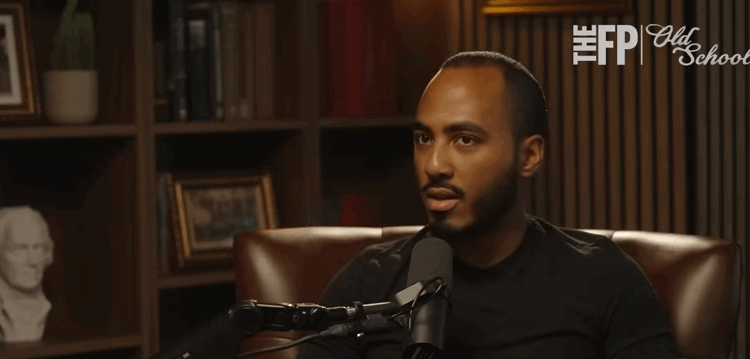
![Scott Bessent Explains The Big Picture Everyone is Missing During the Shutdown [WATCH]](https://www.right2024.com/wp-content/uploads/2025/11/Scott-Bessent-Explains-The-Big-Picture-Everyone-is-Missing-During-350x250.jpg)



